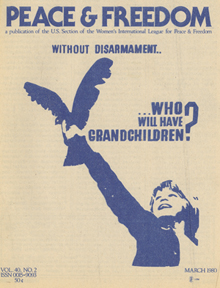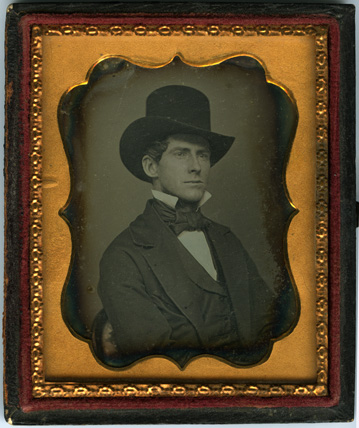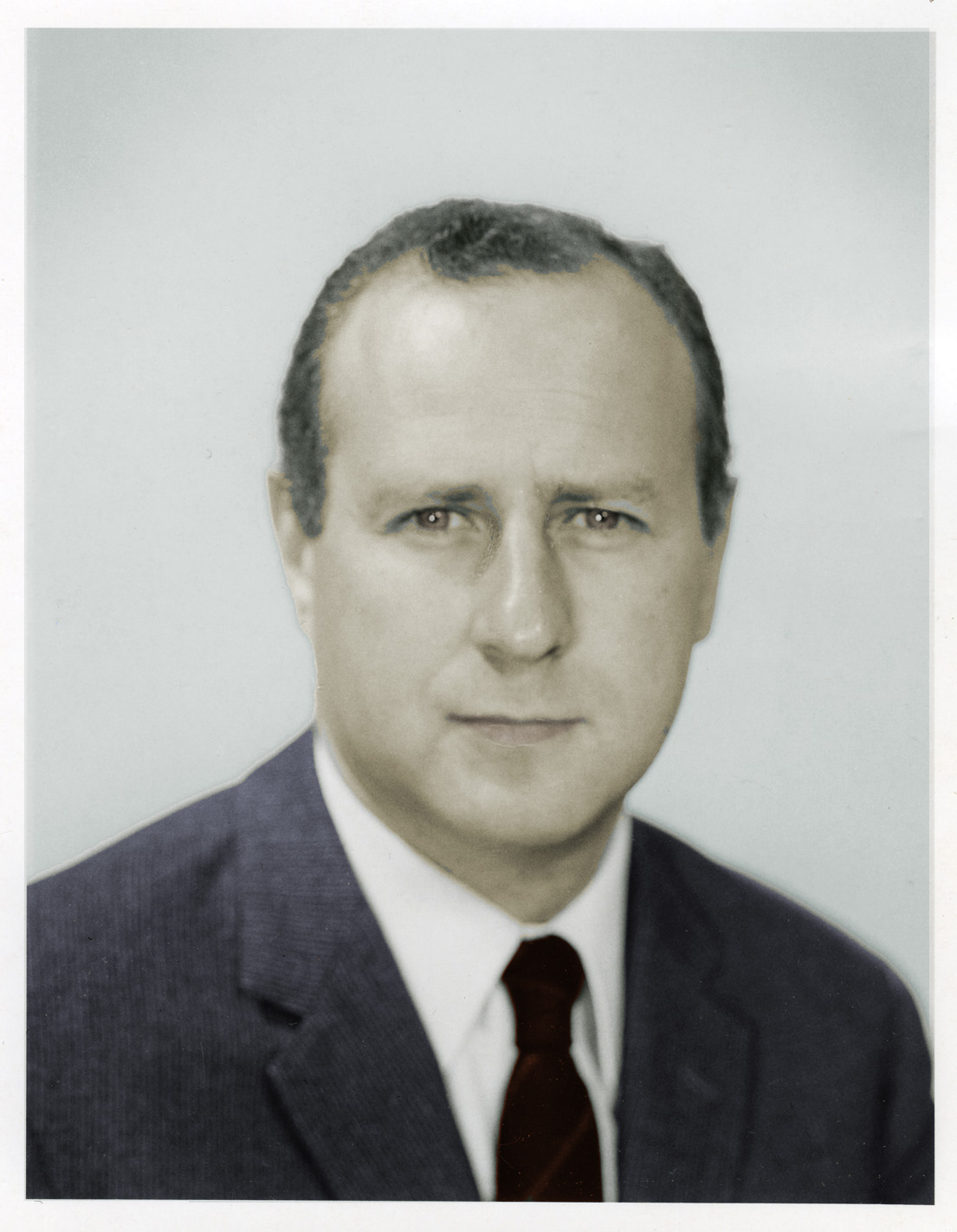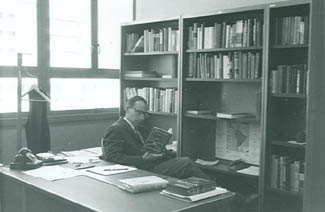Harvey Swados Papers
1933-1983
49 boxes 23 linear feet
Call no.: MS 218
The author and social critic Harvey Swados (1920-1972) was a graduate of the University of Michigan who embarked on a literary life after service in the Merchant Marine during the Second World War. His first novel, Out Went the Candle (1955), introduced the themes to which Swados would return throughout his career, the alienation of factory workers and the experience of the working class in industrial America. His other works include a widely read collection of stories set in an auto plant, On the Line, the novels False Coin (1959), Standing Fast (1970), and Celebration (1975), and a noted collection of essays A Radical’s America (1962). His essay for Esquire magazine, “Why Resign from the Human Race?,” is often cited as inspiring the formation of the Peace Corps.
The Swados collection includes journals, notes, typewritten drafts of novels and short stories, galley proofs, clippings, and correspondence concerning writings; letters from family, publishers, literary agents, colleagues, friends, and readers, including Richard Hofstadter, Saul Bellow, James Thomas Farrell, Herbert Gold, Irving Howe, Bernard Malamud, and Charles Wright Mills; letters from Swados, especially to family, friends, and editors; book reviews; notes, background material, and drafts of speeches and lectures; financial records; biographical and autobiographical sketches; bibliographies.
Subjects
Authors, American--20th century--BiographyJewish authors--United States--BiographyNational Book Awards--History--20th centurySocialists--United States--BiographyContributors
Bellow, SaulFarrell, James T. (James Thomas), 1904-1979Gold, Herbert, 1924-Hofstadter, Richard, 1916-1970Howe, IrvingMalamud, BernardMills, C. Wright (Charles Wright), 1916-1962Swados, Harvey, 1920-1972





